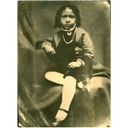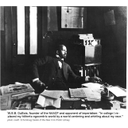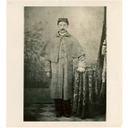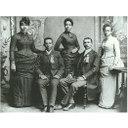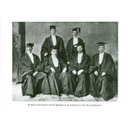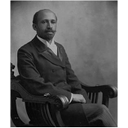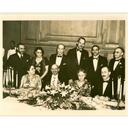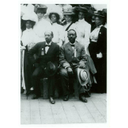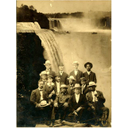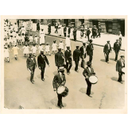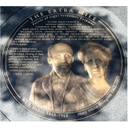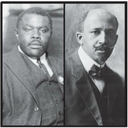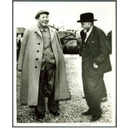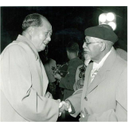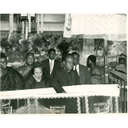W.E.B. DU BOIS (1868-1963)

PAN-AFRICANIST W. E. B DU BOIS: A
GREAT MAN OF MANY PARTS
William Edward Burghardt
"W. E. B." Du Bois (February 23, 1868 – August 27, 1963) was an
American sociologist, historian, civil rights activist, Pan-Africanist, author
and editor. Born in western Massachusetts, Du Bois grew up in a tolerant
community and experienced little racism as a child. After graduating from
Harvard, where he was the first African American to earn a doctorate, he became
a professor of history, sociology and economics at Atlanta University. Du Bois
was one of the co-founders of the National Association for the Advancement of
Colored People (NAACP) in 1909.
Du Bois rose to national prominence as the leader of the Niagara Movement, a group of African-American activists who wanted equal rights for blacks. Du Bois and his supporters opposed the Atlanta Compromise, an agreement crafted by Booker T. Washington which provided that Southern blacks would work and submit to white political rule, while Southern whites guaranteed that blacks would receive basic educational and economic opportunities. Instead, Du Bois insisted on full civil rights and increased political representation, which he believed would be brought about by the African-American intellectual elite. He referred to this group as the talented tenth and believed that African Americans needed the chances for advanced education to develop its leadership.
Du Bois rose to national prominence as the leader of the Niagara Movement, a group of African-American activists who wanted equal rights for blacks. Du Bois and his supporters opposed the Atlanta Compromise, an agreement crafted by Booker T. Washington which provided that Southern blacks would work and submit to white political rule, while Southern whites guaranteed that blacks would receive basic educational and economic opportunities. Instead, Du Bois insisted on full civil rights and increased political representation, which he believed would be brought about by the African-American intellectual elite. He referred to this group as the talented tenth and believed that African Americans needed the chances for advanced education to develop its leadership.
Racism was the main target of Du Bois's polemics, and he strongly protested against lynching, Jim Crow laws, and discrimination in education and employment. His cause included colored persons everywhere, particularly Africans and Asians in their struggles against colonialism and imperialism. He was a proponent of Pan-Africanism and helped organize several Pan-African Congresses to free African colonies from European powers. Du Bois made several trips to Europe, Africa and Asia. After World War I, he surveyed the experiences of American black soldiers in France and documented widespread bigotry in the United States military.
National Movements and New States in Africa
